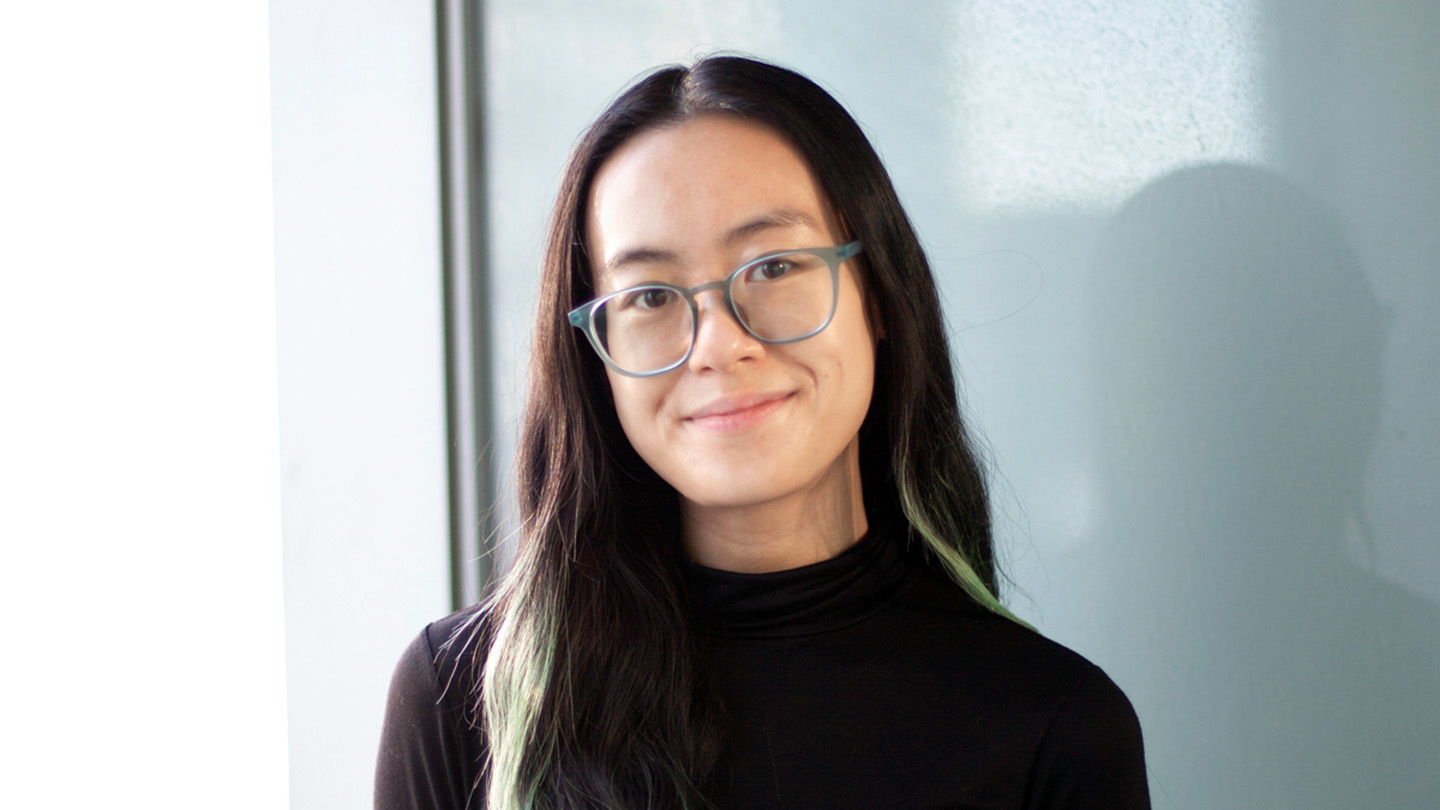AERA 2024: Doctoral student explores the impact of social media on educational governance

The annual meeting of the American Educational Research Association (AERA) will see over 100 OISE faculty and students present their research to the world’s leading educational researchers.
Among them is doctoral student Jasmine Pham from OISE’s department of Curriculum, Teaching and Learning. Pham is currently conducting research on students’ experience with Mandarin-English bilingual programs, the model minority myth, and Sinophobia. Her research areas encompass critical race theory in education, Asian critical theory, intersectional feminist theory, and culturally responsive pedagogy.
At the AERA summit, Pham is presenting a paper centred around the influence of social media on school board governance. In particular, her research examines how online platforms shape public narratives and impact decision-making processes.
“As someone who grew up surrounded by technology and uses social media for fun, it was fascinating to see how a platform like Twitter can influence educational policies,” she says. “This field of study intrigues me because it offers a unique intersection of social dynamics, policy implications, and digital communication. It feels like I've taken everything I've ever learned and done in educational research and combined them into one project.
OISE spoke with Pham about the paper she will present at the AERA summit.
This year’s AERA annual meeting will be held in Philadelphia, Pennsylvania, from April 11 to 14. For a schedule of presentations and sessions featuring OISE researchers, please click here.
How did you become interested in digital public narratives and school board governance?
I became interested in the intersection of digital public narratives and school board governance through my observation of how social media platforms, particularly Twitter, have become battlegrounds for public discourse on education-related issues. The National School Board Association (NSBA) controversy caught my attention as a case study to explore the dynamics of digital discourse influencing educational policies and practices.
What was your theoretical framework? How did you want to approach the data you would collect?
We employed Critical Discourse Analysis (CDA) as both a theoretical lens and an analytical approach to examine political discourse on Twitter. We also utilized a collaborative qualitative data analysis process to develop our codebooks for a thematic and semantic analysis of the data collected.
How did you collect data? What was revealed to you in your inquiries?
The data collected for this paper was actually part of a broader multi-phase study on school boards and educational equity. The data for this study included the NSBA’s official Facebook and Twitter accounts, the official Twitter accounts of parental advocacy groups and the public accounts of NSBA board members. Using MAXQDA, I systematically gathered tweets related to the NSBA controversy, including mentions of key actors, themes, and sentiments expressed. Through qualitative analysis, I uncovered a complex web of narratives, ranging from expressions of concern for parental rights in education to attacks against the NSBA and their actions with "woke" politics.
Who would benefit the most from your research?
Over the last decade, research on parental input and educational activism on Twitter has pointed to the rising influence of social media on educational policies. In fact, debates over inclusive education largely take place on Twitter. As such, this paper advances previous work on public narratives of education policy and equity by calling attention to the power of social media on the work of educational organizations and their ability to advance equity and excellence. I think educational leaders across North America would benefit from understanding the influence that social media platforms hold in shaping public sentiments around educational policies and practices.
What does it mean to present this information at the AERA annual meeting?
Presenting this research at the AERA annual meeting provides an opportunity to engage with a diverse audience of scholars, practitioners, and policymakers in the field of education research. It offers a grad student like me the platform to share insights, stimulate dialogue, and contribute to advancing our understanding of the intersection between digital media and educational governance.